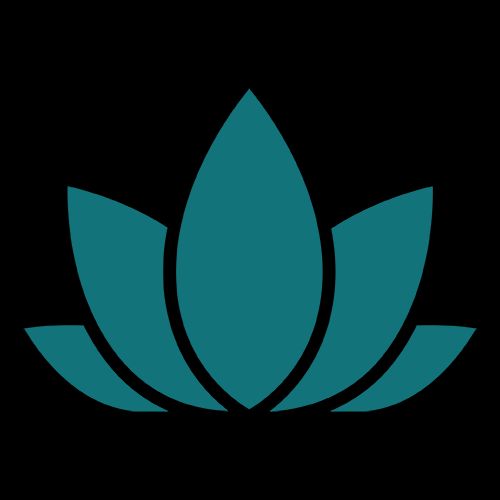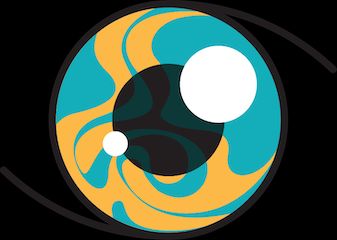Although people over 65 years old are more at risk for high blood pressure, it also affects about 1 in 8 adults between 20 and 40 years of age.
High blood pressure (hypertension) is caused by a consistently high force of blood traveling through your arteries. This is often due to narrowing of your arteries, which impedes blood flow.
Your blood pressure usually rises as you get older, so increasing age is a major risk factor for hypertension. But younger adults can also develop high blood pressure due to factors such as weight, diet, and genetics.
If high blood pressure isn’t lowered through lifestyle changes and medications, it may damage your blood vessels as well as your heart, brain, and other organs. High blood pressure may also put you at risk for a heart attack or stroke.
Let’s go over what may cause high blood pressure in young adults, the symptoms to be aware of, how it’s treated, and more.
There are many potential causes of high blood pressure in young adults. These include:
- Obesity: A body mass index (BMI) greater than 25 or a waist-to-hip ratio greater than 0.85 may be a risk factor.
- Alcohol consumption: The results of a small study of 80 young adults in Kenya suggest that avoiding alcohol reduces the risk of hypertension by 70%.
- Smoking: A
2020 study involving 322 young adults in Bangladesh suggests that tobacco smoking is a major modifiable risk factor for high blood pressure. - Certain medications: Birth control pills that contain estrogen, some antidepressants, and certain nonsteroidal anti-inflammatory drugs are among the medications that may increase your blood pressure.
- Illegal drugs: Anabolic-androgenic steroids, cocaine, amphetamines, and MDMA (ecstasy) may increase your blood pressure, at least temporarily.
- High salt intake: Eating more than 10 grams of salt each day may increase your blood pressure.
- Lack of physical activity: To reduce the risk of high blood pressure, the
American Heart Association (AHA) recommends getting 150 minutes of moderate aerobic activity each week and engaging in strength training at least 2 days per week. - Some health conditions: Kidney disease, hypothyroidism, and sleep apnea are among the conditions that may cause high blood pressure.
- Eating red meat: The results of the previously mentioned study in Kenya also suggest that young adults who eat red meat once or twice per week are 77% more likely to have high blood pressure than those who never eat red meat.
- Genetics: According to the
Centers for Disease Control and Prevention (CDC) , if a close family member of yours has high blood pressure before the age of 60 years, you are twice as likely to develop it.
High blood pressure often does not cause symptoms, which is why it’s called a “silent killer.” If you’re at risk of developing high blood pressure, it’s important to have your blood pressure checked regularly.
If there are symptoms of high blood pressure in young adults, they may include:
- headaches, most often in the morning
- nosebleeds
- shortness of breath
- dizziness
- flushed face
- fatigue
- chest pain
- heart palpitations or irregular heartbeat
Severe hypertension may also cause the following symptoms:
- vision problems
- nausea or vomiting
- confusion
If high blood pressure isn’t treated, it may lead to serious complications.
A large 2023 study involving more than 1.3 million males found that those who had high blood pressure at 18 years old were more likely to experience a cardiovascular event (such as a stroke or heart attack) at midlife than those who had typical blood pressure at age 18.
In addition to cardiovascular issues, high blood pressure in young adults may lead to:
- kidney damage
- eye damage
- impaired ability to think
- atherosclerosis
Because the early stages of high blood pressure often have no symptoms, the
You should check your blood pressure more often if a close family member has hypertension or if you have a condition that increases your risk.
If you do have symptoms of high blood pressure, see a doctor to determine the cause.
You should also talk with a doctor about ways to lower your blood pressure if you check it at home and find that it’s consistently elevated.
To diagnose high blood pressure, a healthcare professional will measure your blood pressure using a cuff placed around your upper arm.
A doctor may also recommend that you use a blood pressure monitor at home to check your blood pressure at various times during the day.
A blood pressure reading consists of two numbers, which are expressed in millimeters of mercury (mm Hg):
- The first, higher number indicates your systolic blood pressure. This is the pressure of blood against your artery walls as your heart beats.
- The second number indicates your diastolic blood pressure, which is the pressure in your arteries when your heart is resting between beats.
Healthy blood pressure is below 120/80 mm Hg, or “120 over 80.” The
If your blood pressure is high, a doctor may order more tests to determine the cause and to find out whether you have any organ damage. These tests may include:
- blood tests
- urine tests
- electrocardiogram
- echocardiogram
A doctor will usually first recommend healthy lifestyle changes to help lower high blood pressure in young adults.
If your blood pressure level is still high after you’ve made these changes, a doctor may prescribe the following medications to help lower it:
A healthy lifestyle that includes the following habits may help lower high blood pressure:
- managing your weight
- exercising regularly (150 minutes or more each week of aerobic exercise, such as walking or cycling, and resistance training 2 or 3 times per week to help build muscle)
- eating a nutritious diet (such as the DASH diet, which is rich in fruits, vegetables, whole grains, and lean proteins and can help lower blood pressure)
- drinking no more than two alcoholic drinks per day
- quitting smoking if you currently smoke
- reducing or managing stress (possibly by trying activities such as meditation, yoga, or deep breathing exercises)
- getting enough sleep (ideally
7 to 9 hours per night)
High blood pressure (hypertension) is more common in older adults, but it can affect young adults as well.
There are often no symptoms in the early stages of high blood pressure, so if you’re a young adult and have any known risk factors, it’s important to check your blood pressure regularly to avoid serious cardiovascular complications such as a stroke or heart attack.
Maintaining healthy lifestyle habits may help keep your blood pressure in the normal range.








